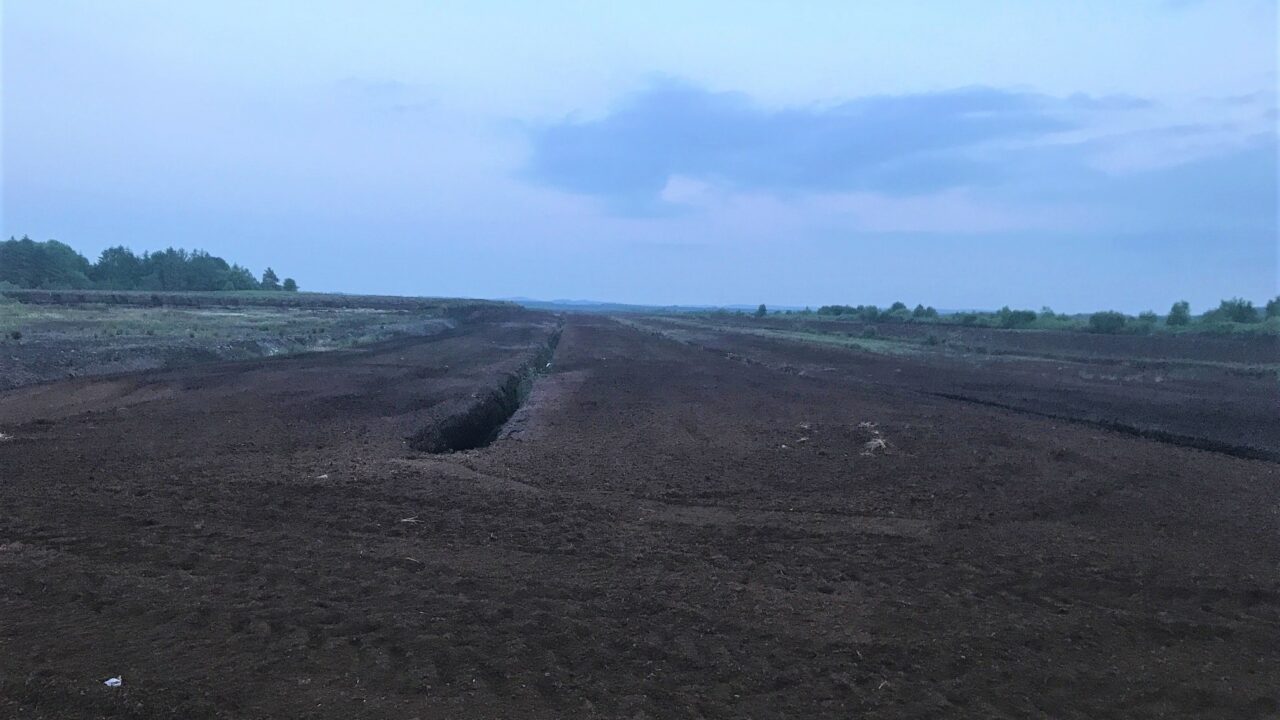The European Parliament’s Regional Development Committee has voted in favour of creating a Just Transition Fund (JTF).
As well as that, MEPs on the committee have requested that a “significant increase” be made in the budget for the JTF – which was first proposed in the Green Deal in January of this year – over and above the current allocation in the latest proposals for the 2021-2027 Multiannual Financial Framework (MFF).
The Regional Development Committee is requesting over €25 billion for the JTF in the MFF, as well as a further €32 billion from the EU’s Covid-19 recovery instrument, known as ‘Next Generation EU’.
The text that was agreed on by the committee includes the creation of a ‘green rewarding mechanism’, which would allow 18% of the total JTF resources to be allocated depending on the speed with which member states reduce their greenhouse gas (GHG) emissions.
1% of the total funding would be allocated to islands, and a further 1% for the outermost regions.
The committee envisages the EU co-financing eligible Just Transition projects up to a rate of 85%.
The EU must transition towards a climate-neutral economy without letting disparities between regions grow any further.
The agreed text – which will have to go through several other decision-making processes before it comes to fruition – outlines that the JTF should be focused on job creation, as well as: microenterprises; sustainable tourism; social infrastructure; universities and public research institutions; energy storage technologies; low-emission district heating; and digital innovation (including digital and precision farming).
For regions heavily reliant on the extraction and combustion of some fossil fuels – including peat – the MEPs are proposing a derogation for investments in activities related to natural gas.
Therefore, the committee says that the European Commission may approve territorial Just Transition plans that include such activities, if they qualify as “environmentally sustainable”.
The committee’s plans are set to go before a plenary (full) sitting of the parliament in September, where a further vote will take place.
